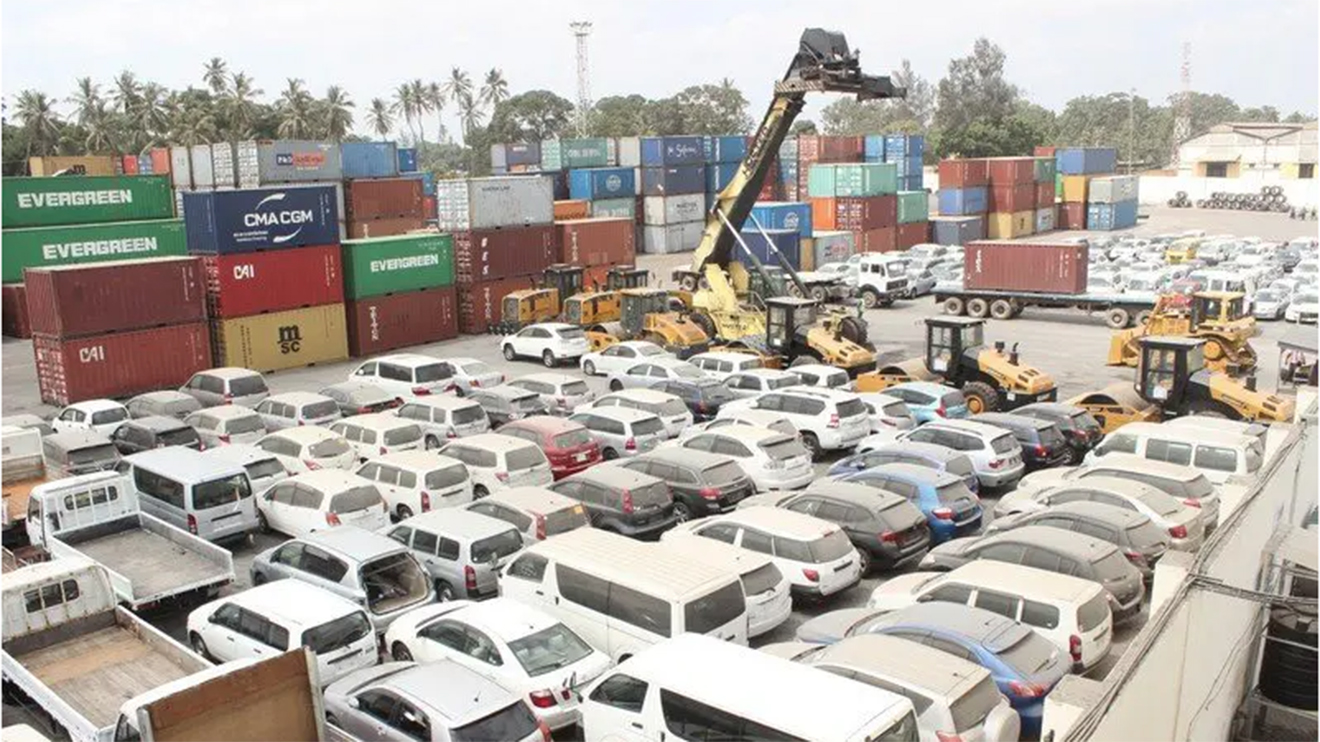Kenyan importers face a critical compliance deadline as the enforcement of the Finance Act 2017’s marine insurance regulations takes effect on 14 February 2025, mandating that all Marine Cargo Insurance (MCI) policies for imported goods must be obtained exclusively from locally licensed insurers.
The Insurance Regulatory Authority (IRA) and the Kenya Revenue Authority (KRA) issued a joint statement emphasising the legal foundation of this directive.
The amendments to the Marine Insurance Act (Cap 390, Section 16A) and the Insurance Act (Cap 487, Section 20(4)) prohibit sourcing insurance policies from foreign underwriters.
According to the notice, "The public is hereby notified that effective 14th February 2025, all importers shall be required to digitally procure Marine Cargo Insurance cover for their imports from locally licensed insurance companies."
Streamlined Digital Platforms
Read More
To facilitate compliance, the IRA and KRA have introduced a streamlined digital process for procuring Marine Cargo Insurance certificates.
This digital system integrates mobile apps, online portals, and underwriter platforms with the IRA’s electronic system, which in turn connects to the KRA’s Integrated Customs Management System (ICMS).
Importers or their clearing agents will be required to log into approved platforms, such as the Coral Mini App on the M-Pesa Super App or the Kentrade single window portal.
Upon entering their Import Declaration Form (IDF) number, the system will automatically retrieve cargo details and generate a digital Marine Cargo Insurance Certificate.
The joint statement outlined the step-by-step process: "The customer/clearing agent will fill/complete the required fields for the Digital Marine Cargo Insurance Certificate, pay the respective premiums, and submit the digital certificate to the IRA electronic platform. The IRA Platform will then submit the certificate to KRA-ICMS for cargo clearance."
Implications for Importers
This regulatory shift aims to bolster the local insurance industry while ensuring that cargo clearance processes comply with Kenyan law. With less than two months until the deadline, importers are urged to familiarise themselves with the new procedure to avoid disruptions in clearing goods.
As stakeholders prepare for the transition, the enforcement is likely to elicit mixed reactions, with some importers applauding the streamlined digital approach, while others may express concerns over potential delays or higher insurance premiums.
Nonetheless, the authorities remain firm in their stance, signalling a significant shift in Kenya’s import insurance framework.


 shares a light moment with the company's Group CEO Dr Patrick Tumbo (right) at a past event-1758121528.jpeg)
-1758116028.jpeg)




